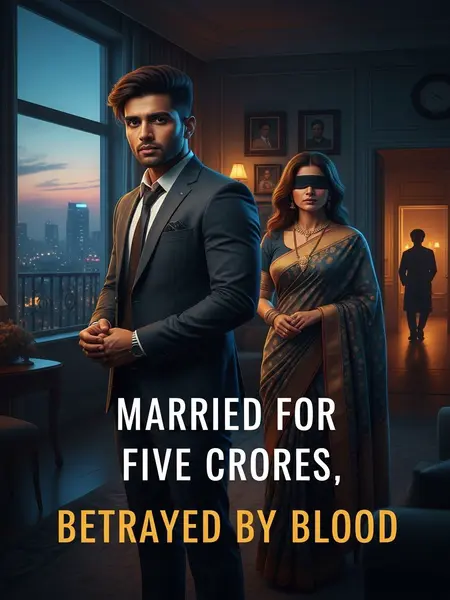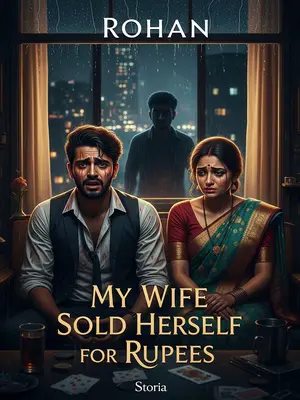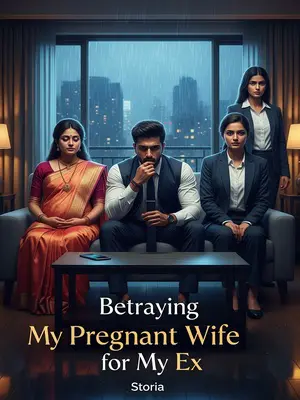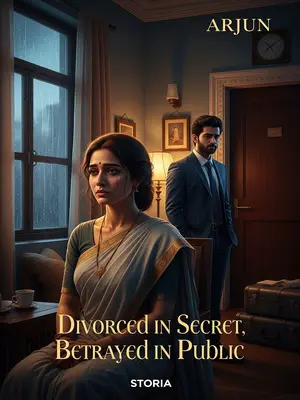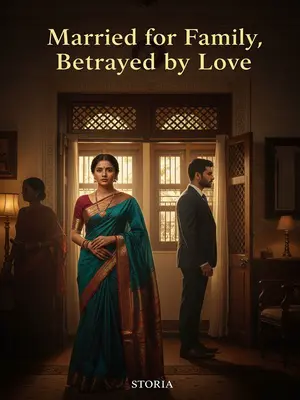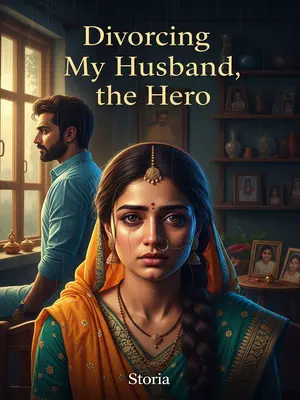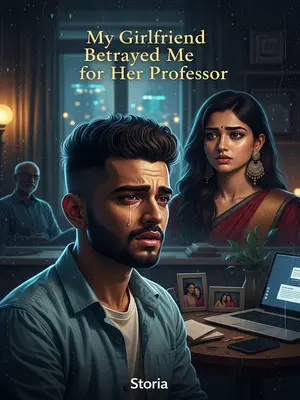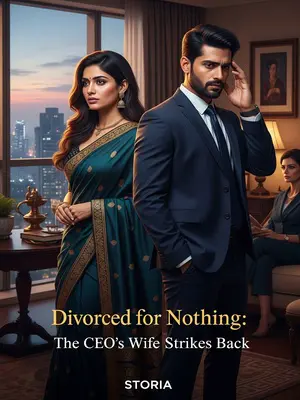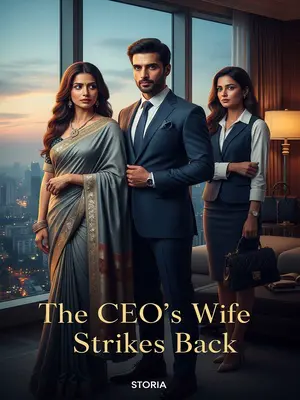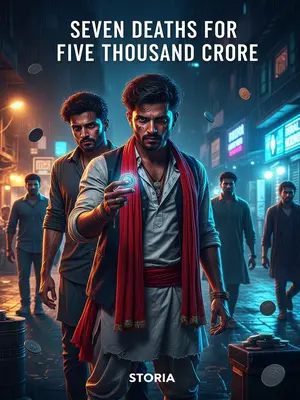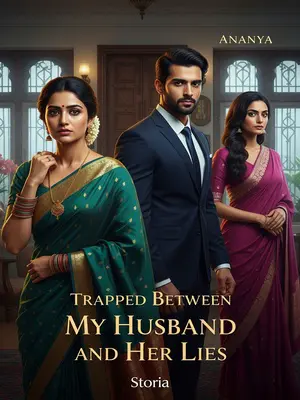Chapter 4: The Price of Protection
The reason I agreed to play along with Meera wasn’t just her looks.
I sat alone that night, the ceiling fan spinning lazily, its shadow cutting across the wall. Maybe it was pity, or curiosity, or just the longing to be important to someone, even if it was pretend.
But let’s be real. The main reason was the money.
Five crores. More than I could ever save in my life. That kind of chance doesn’t come twice, not even in Bollywood.
My father used to say, “Paisa sab kuch nahi hota, lekin bina paisa kuch nahi hota.”
But I had no idea this decision would drag me into an abyss.
After signing the contract the next morning, Meera sent a fifty lakh advance by UPI.
The notification ping nearly gave me a heart attack. Fifty lakhs. My UPI app had never seen so many zeroes. I checked twice, half-expecting it to vanish.
I grinned. She really was a rich little lady.
For a second, I pictured the colony aunties gossiping about ‘that Arjun’ who got rich overnight.
My first job as her fiancé: meet her cousin.
The words ‘first job’ sounded strange, but I straightened my collar, ready to play my part. Indian weddings have rehearsals, but this felt more like an audition for a new life.
What would he think, seeing a man fifteen years older suddenly as her fiancé?
Maybe he’d lose it, maybe he’d break down. I braced for both.
My palms were sweaty. I double-checked the address on Google Maps, terrified of being late and ruining my ‘professional’ image.
The meeting was at Meera’s place—a proper South Delhi bungalow.
White walls, black iron gates, manicured lawn, a row of cars outside. My slippers looked out of place on the cool marble floor.
When her cousin shook my hand, he nearly crushed it.
His grip was iron, his eyes hard. I forced a smile, determined not to flinch.
We sat on the sofa. He stared at me like a lion whose territory I’d invaded.
The silence was heavy—no TV, no phone, just the distant clang of kitchen utensils. He looked me over like a father grilling his daughter’s suitor—except with a lot more hate.
Meera couldn’t see, but she sensed the tension.
She sat with hands folded, head tilted, breathing shallow.
“I don’t agree.”
His voice thundered across the room. Even the fan seemed to slow down.
Her cousin spoke first.
“Cousin, I’m an adult. I don’t need your approval.”
Her voice was calm, almost cold.
He tried to sound gentle. “Meera, anyone can see he’s after your money.”
He leaned forward, eyes locked on me. “If not for your money, would he be here?”
She shot back, “I’m blind, not stupid. If he doesn’t want my money, does he want my blindness?”
Her words were razor sharp, her face unreadable.
Her cousin fell silent, fists clenched, veins bulging.
He stared at the floor, jaw working. Only the ticking of his wristwatch broke the silence.
Finally, he deflated. “Are you angry with me?”
His voice, for the first time, was small.
Meera replied, “Cousin, you’re overestimating yourself.”
She delivered it like a verdict, hands folded, face calm.
I stayed silent, feeling like a chicken at a lion’s party.
I kept my back straight, eyes fixed on a framed Krishna on the wall, silently begging the drama to end.
Suddenly, her cousin glared at me, lips curled in a sneer. The air crackled.
“This is all your fault.”
He lunged. The scuffle broke out in seconds.
My back hit the glass-topped table with a crash, sending a half-empty bowl of kaju tumbling to the floor. His fist landed on my shoulder, and we tumbled onto the Persian carpet, cursing under our breath. The struggle echoed through the house.
He was younger, but I still took a few solid punches. In the end, he lay panting on the ground.
My lip stung, shirt torn, but I sat up, hiding the pain.
Meera’s voice was frantic:
Her hands shook, face stricken. “Stop it! What’s wrong with you both?”
“Get out! Get out of my house!”
Her gentle voice was now a blade. I’d never heard her so angry.
I shot him a look. He got up, defeated, muttered something, but said nothing in the end.
He staggered away, eyes wet. For a second, I thought he’d attack again, but he just slumped off like a scolded schoolboy.
He left like a beaten hyena.
The door slammed, and silence settled except for Meera’s shaky breath.
“You should go too. I want to be alone.”
Her voice was calm, but I heard the pain beneath.
She straightened her dupatta, lips pressed together, trying to look composed.
“Okay. Remember your medicine,” I said, watching her mood.
I stood, brushing imaginary dust from my jeans, and gave her a soft smile, hoping she felt it.
...
Outside, I reached into my pocket for a cigarette and found a slip of paper.
The hot Delhi sun slapped my face as I lit up. I fumbled for my lighter and felt something crumpled in my pocket.
During the fight, her cousin had slipped something into my pocket.
A small piece of ruled paper, folded tight. I hesitated, glancing around the street, feeling suddenly watched—a rickshaw-wallah lingered nearby, eyes curious.
On the paper: Don’t believe what Meera says. I’m not her cousin. Please come find me.
The handwriting was hurried, desperate. My heart hammered as I reread it.
And a phone number.
A Delhi mobile number, no name—just digits.
I took a deep drag—and started coughing, doubling over. The smoke stung my eyes; the watchman across the road watched, then scurried away.
Arrey yaar, I’d held it together till now.
I muttered, “Bas, ho gaya.” I’d been holding it together too long.
That guy really packs a punch.
My shoulder throbbed, but my mind was spinning. Who was telling the truth? And what had I gotten myself into?
I stared at the number, my mind spinning. Was Meera lying to me all along?
---
